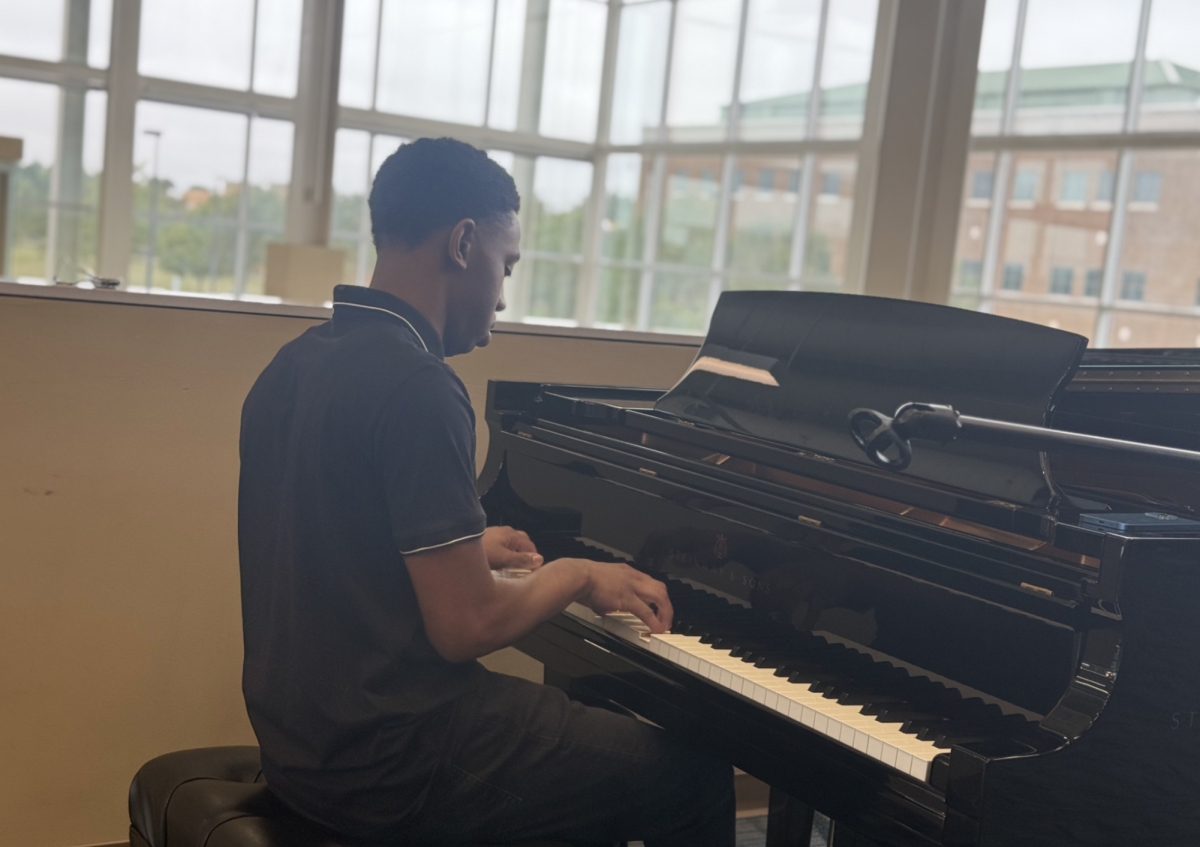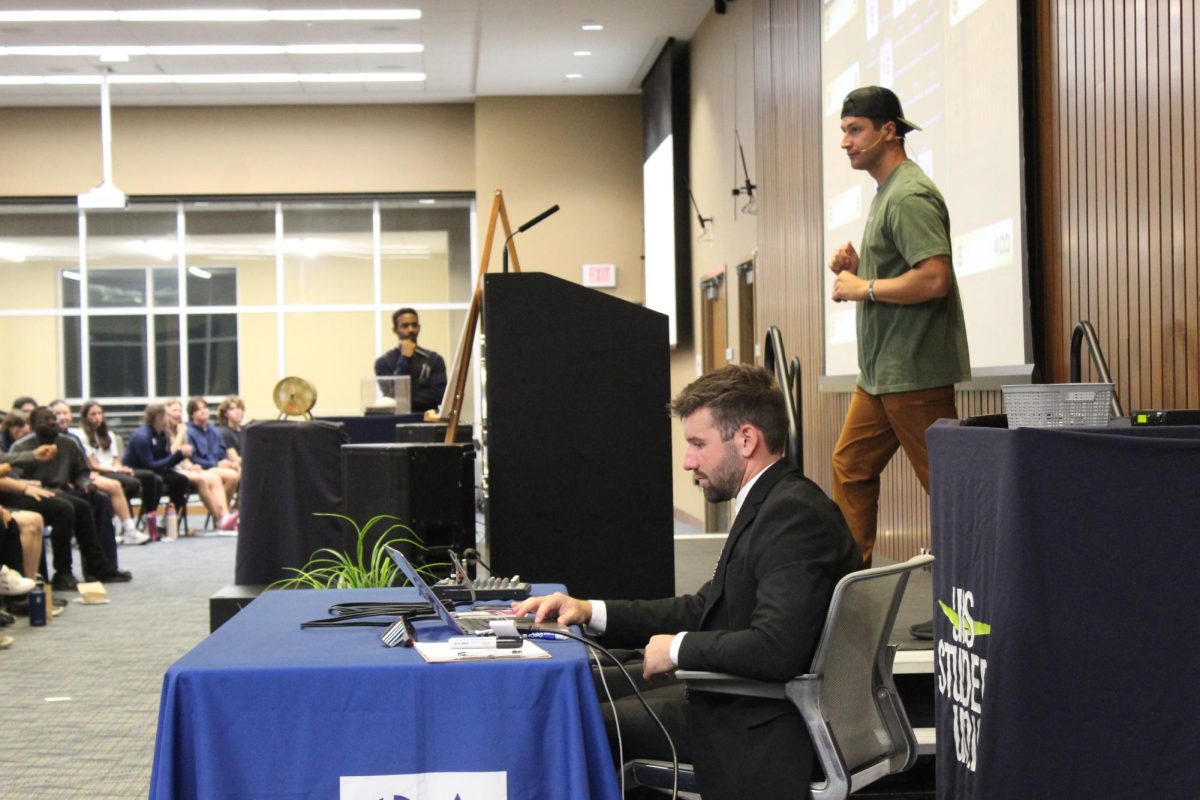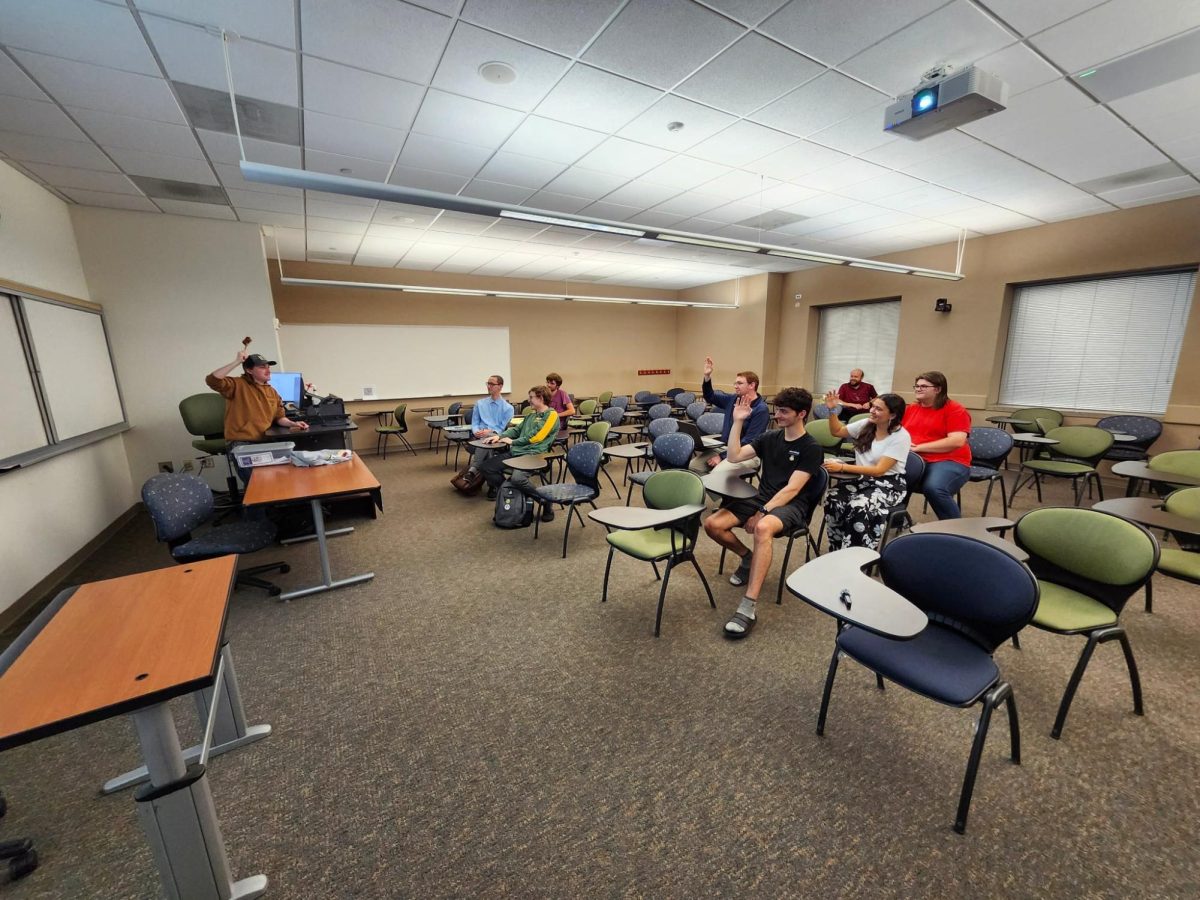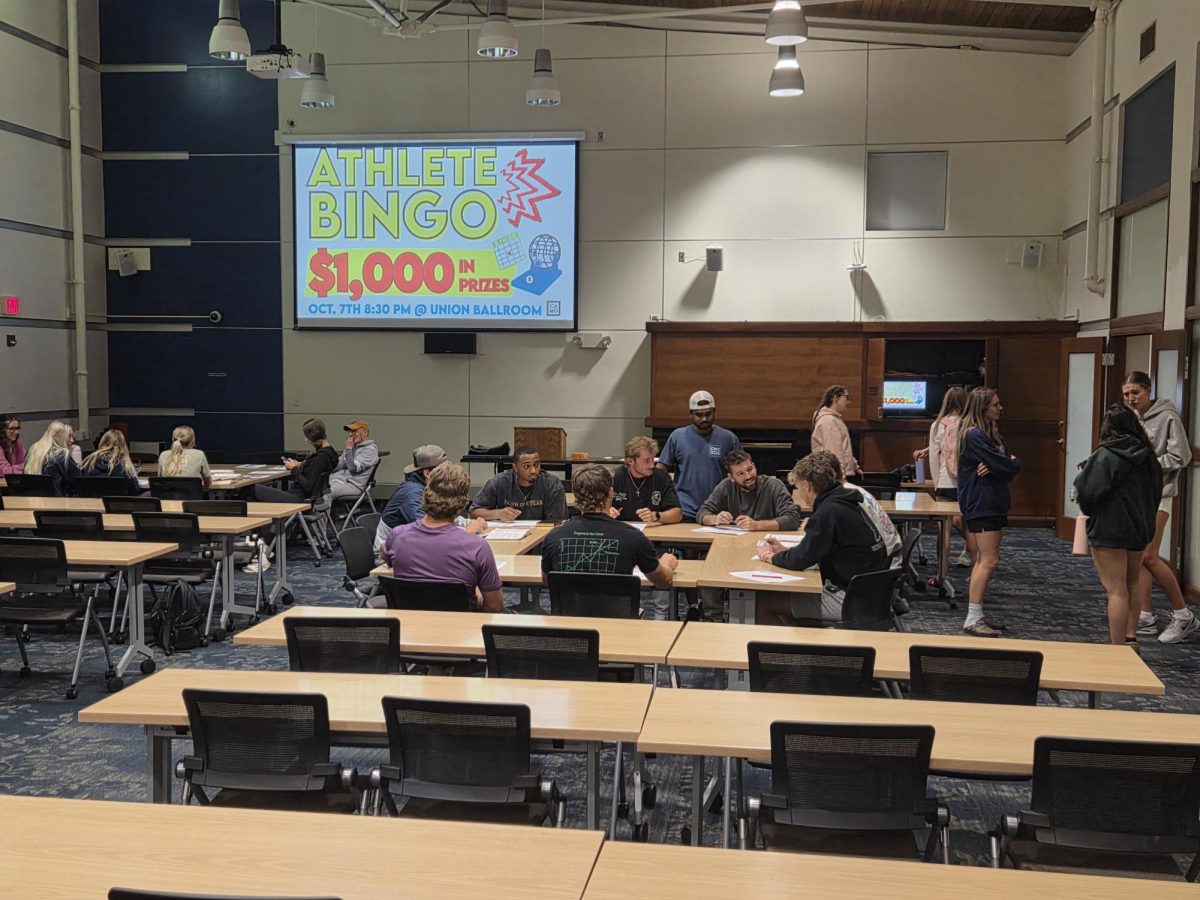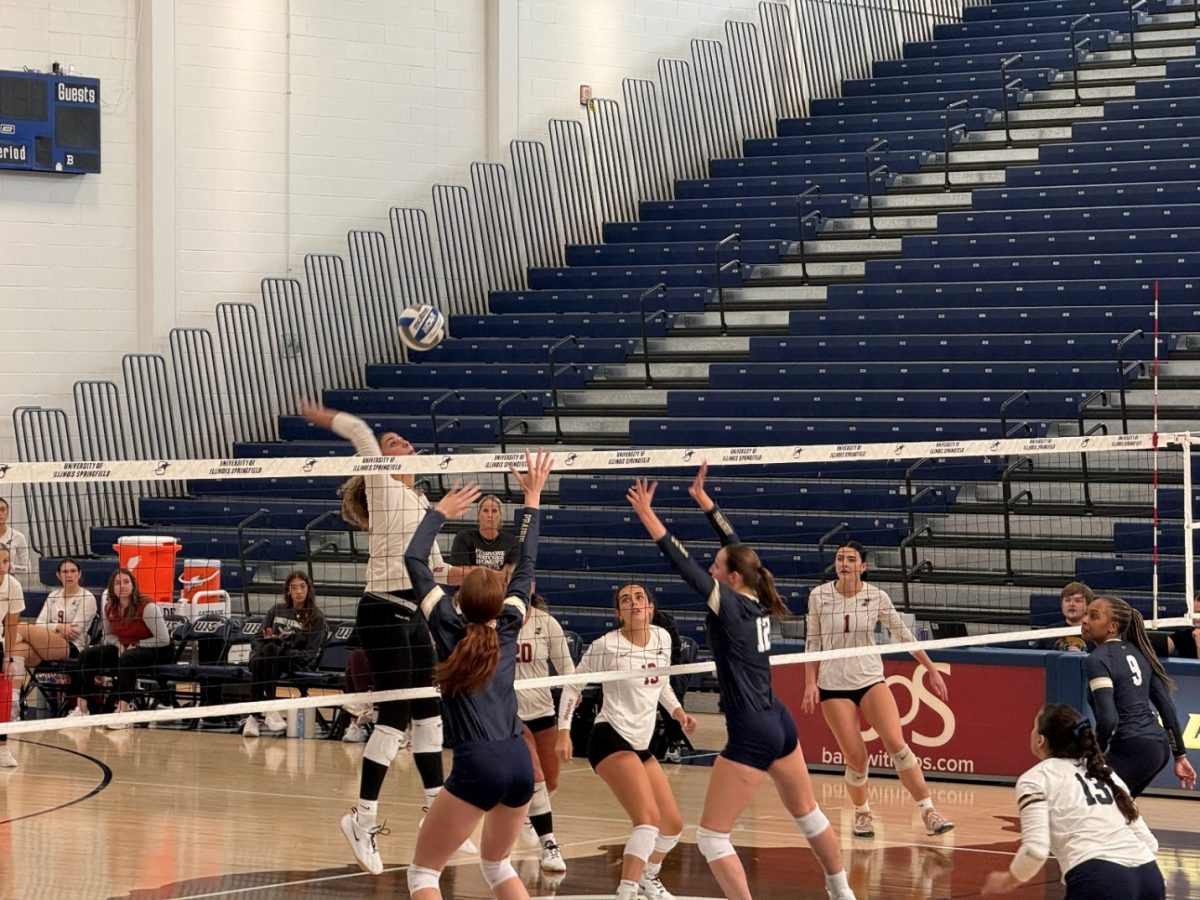The need for education in today’s world is not only necessary but also pertinent, and college is an experience that everyone should take advantage of. Although college is said to be a fun environment where a student can expand their horizons, most universities don’t prepare their students for the college world ahead of them. Many students exit high school ill prepared for college as well. Other barriers, such as being a first generation college student, or coming from a weaker high school curriculum prior to college, really affect freshmen, and many have a hard time adjusting to the new world of higher education.
Peer groups and student organizations are a great start to forming that social foundation to help a student strive through college; mentorships, however, can have a greater impact on students who struggle with issues beyond their control. The University of Illinois, Springfield has exactly that kind of program with Necessary Steps. The partnership with a person who has wisdom and similar interests is a perfect match for a struggling college student. Most mentees are paired with mentors who have similar backgrounds, and who have reached a specific goal. This not only helps the student go through college with support and encouragement, but a role model as well.
“The requirements for mentees are based on one thing and one thing only and that’s first generation. Students are now asked to self identify themselves as first generation on their University of Illinois application and as well as their financial aid. So we do not look at ethnic backgrounds. We do not look at grades. We do not look at their high school grades, GPA, nothing. The only thing is first generation,” stated Monique Williams, program coordinator of Necessary Steps mentoring program for first generation college students.
Centered towards only one criterion, Necessary Steps sets a great example for a successful mentorship program. While there is only one requirement, the benefits are endless.
“One of the benefits is having a commonality with people and having a community of people. There might be some things or topics you might be able to talk about with a first generation college student and you won’t get to have that conversation with that person who doesn’t know what it’s like to have a parent who didn’t go to college. And they struggle. They definitely struggle. And it’s not just academics. Because a student can have a 4.0, we’ve seen it many times, and they exceed in academics more when they come to college. But the personal life, once they get here, they might be depressed, dealing with home sickness, they might have siblings at home who are not eating so they have to have that job to send that money back home,” Williams said.
Struggles for a college student can be hard to deal with. Struggles come with a mindset of thinking no one needs to help them or they can survive on their own.
“When freshmen come in and into a new environment, you don’t know what you want. They don’t know it’s going to be completely different. They think ‘oh, for students who did well in academics, oh ok I’ve got a 3.5 in high school’ and this is college, the first three weeks of school.” They feel like it’s easy and they don’t need a mentor and its strictly academic. But once midterms hit and they realize they have to study different for college than high school, then that’s when they realize that they need the help,” Williams continued.
Mentoring can be suggested and given to students for further support. Although students may not think they need help at first, there will be moments in their college life where they will need some type of encouragement or wisdom.
“They need guidance. I think all students whether first generation or not. Whether they come to college with a low or high GPA, they need someone to teach them how to play this game. They need someone to show them how to graduate in four years. And there is nothing wrong with extra help,” Williams said.
With that extra help, first generation college students are able to complete college with not just a degree, but also a family of people who helped them throughout their academic career. This support and encouragement the student receives takes them higher than they could have ever imagined. The mentor that students follow under for that period of time becomes a helping hand and leads them to success, which is graduating college. Help from a great mentorship is the best way for a first year college student to continue on their educational journey.


